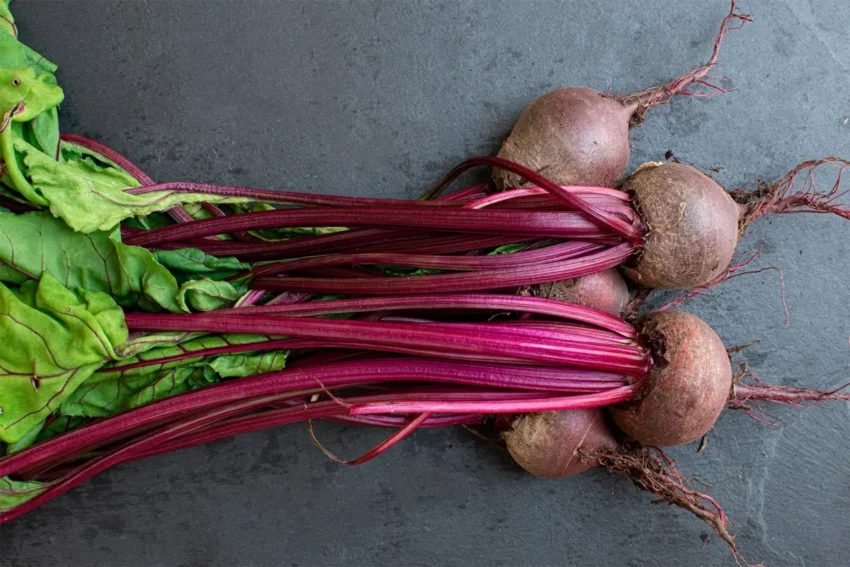Beetroots, also known as beets, are a root vegetable that belongs to the Chenopodiaceae family. They are typically deep red or purple in color, but can also be white or yellow. Beetroots are a highly nutritious food, and are a good source of vitamins and minerals such as vitamin C, folate, and potassium. They also contain antioxidants and phytochemicals that have been linked to various health benefits.
Beetroots are a versatile vegetable that can be eaten cooked or raw. They can be boiled, steamed, roasted, or pickled. They can also be grated and added to salads or sandwiches. Beetroot juice is also a popular health drink, and is believed to help lower blood pressure and improve athletic performance.
Beetroots have been cultivated for thousands of years, and were originally grown in the Mediterranean region. Today, they are grown in many parts of the world, including Europe, North America, and Asia. They are usually harvested in the late summer or early fall, and are a popular crop for home gardens.
The greens of beets are also edible and a good source of vitamin A, vitamin C, and iron. They can be used in salads or sautéed as a side dish.
Beetroot can have some side effects like red urine, stools and teeth discoloration. Also, it can also interfere with blood thinning medications.
Overall, beetroots are a nutritious and delicious vegetable that can be enjoyed in many different ways. They offer a wide range of health benefits, and are a great addition to any diet.

